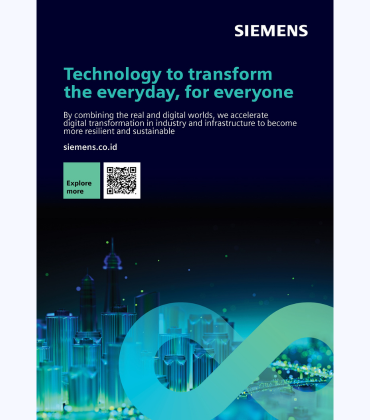Indonesia to Have National Car Within Three Years: Prabowo
21 Oct 2025

President Prabowo Subianto announced that the government has begun initial steps to produce a domestically made car within the next three years. He stated that this initiative marks a significant step forward in the development of Indonesia’s domestic automotive industry.
“We will have a car made in Indonesia within the next three years,” Prabowo said during a Plenary Cabinet Session at the State Palace, Jakarta, on Monday, October 20, 2025.
Prabowo explained that the government has prepared funding allocations and land for the construction of a factory that will manufacture the vehicles. Currently, a development team is working to bring the project to fruition.
He also highlighted that Indonesia has already successfully produced a type of jeep used by government officials and Indonesian National Armed Forces (TNI) officers. The vehicle is considered a source of national pride as it was designed and manufactured domestically. The jeep Prabowo referred to is the Maung light tactical vehicle, produced by PT Pindad.
“So now, our officials and officers are proud that we no longer use jeeps made by other countries. We use jeeps made in Indonesia. When our unit commanders lead their troops, they are proud to ride a jeep made in Indonesia,” the President said.
Prabowo also urged that the use of these vehicles be expanded more broadly across government and military institutions. “And soon, all of you must use the Maung. I don’t care — those luxury cars should only be used during holidays. Yes, when I don’t summon you, you can use those cars,” Prabowo concluded.
Previously, Prabowo held the Plenary Cabinet Session to mark the first anniversary of his administration. Unlike previous sessions, the President, Vice President, ministers, and all invited guests wore brown-themed long-sleeved shirts on this occasion, a departure from the usual white shirts worn at prior cabinet meetings.
This article is published in partnership with Katadata
Original article here
















